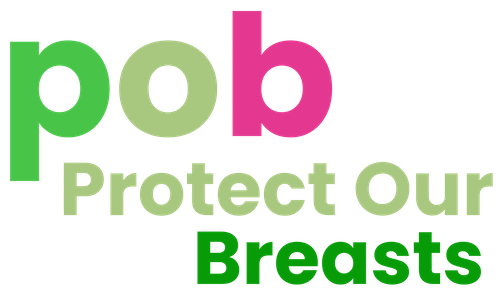THE PRICE OF PRESERVED PRODUCTS
Article Author: Rachel Katcoff, Psychology & Public Health Major, Class of 2023, POB Science Translator
With the advancement of personal care products comes a greater variety in the types of products on the market. For example, you can find over a dozen different shades of lipstick in any drugstore. Innovation around longer-lasting preserved products is also on the rise. After all, what’s the point of splurging on a new product if it’s just going to expire right away?
Adding parabens to products seemed to be the perfect alternative to address this concern. Parabens are a type of preservative commonly used in cosmetics. Preservatives are substances that are added to various products to prevent the growth of microorganisms and in turn, help them last much longer. Parabens are very inexpensive and easy to produce, which is why they have risen in popularity. However, their use has been a topic of increasing debate for years as more people find out how detrimental these chemicals may be.
The most common way to be exposed to parabens is through the skin, as they are used in many personal care products. For years, limited research and education on parabens allowed for wide use of the chemical without scrutiny. One of the first instances of evidence that parabens may affect our health in a negative way came from a 2004 study by Karolina Nowak and her colleagues in which they found a correlation between heavy use of products containing parabens and a high concentration of these parabens in breast cancer tissue. While not many other studies have followed up on this particular claim, there is plenty of evidence to suggest that parabens are endocrine-disrupting chemicals, meaning that they disrupt or mimic hormones in the endocrine system. This can lead to an abundance of health risks, including breast cancer.
Due to the growing conversation about the dangers of parabens, personal care and makeup brands have attempted to ease the worries of their consumers by labeling their products as “Paraben-Free.” However, it is important to acknowledge that this label is not officially recognized in the European Union or the United States, so these companies are under no legal obligation to rid their products of parabens.
There is a new movement by various cosmetics companies to replace these potentially harmful chemicals with only natural ingredients. Scientists have conducted studies to identify plants that serve the same purpose as chemically produced preservatives, and are also used in many food products being labeled as “GRAS” or “generally recognized as safe.” As comforting as these natural products are to use, their shelf life does not compare to other products with chemically produced ingredients that threaten our long-term health. We can only hope that by substituting natural alternatives in place of preservatives, and continuing to increase our knowledge of these chemicals, we will see a safer selection of products on store shelves.
At Protect Our Breasts we believe that, despite the prevalence of harmful chemicals in products, we can still make healthy lifestyle choices. With the knowledge and information available to us, we can take action to protect ourselves from the damaging effects of substances like parabens. It is extremely important to check the ingredients of personal care products to ensure that you are not exposing yourself to any harmful chemicals. The 30 seconds it takes to check a label can possibly save you from a breast cancer diagnosis later in life.
Source: Nowak, K., Jabłońska, E., & Ratajczak-Wrona, W. (2021). Controversy around parabens: Alternative strategies for preservative use in cosmetics and personal care products. Environmental Research, 198, 110488. https://doi.org/10.1016/j.envres.2020.110488
–
Disclaimer: The information provided herein is the author’s opinion. Our authors are not scientists. We are not providing medical advice, but simply sharing publicly available information. When we reference data and databases, we do so with the caveat that most are only as good as the data they are based on. While POB strives to make the information as timely and accurate as possible, we make no claims, promises, or guarantees about the completeness, or adequacy of the contents of any site that is shared, and expressly disclaims liability for errors and omissions in the contents of these sites. POB goes to great lengths to avoid declaring shared products as “safe” as there is no legal definition of the word “safe” at this time.

 Previous Post
Previous Post Next Post
Next Post